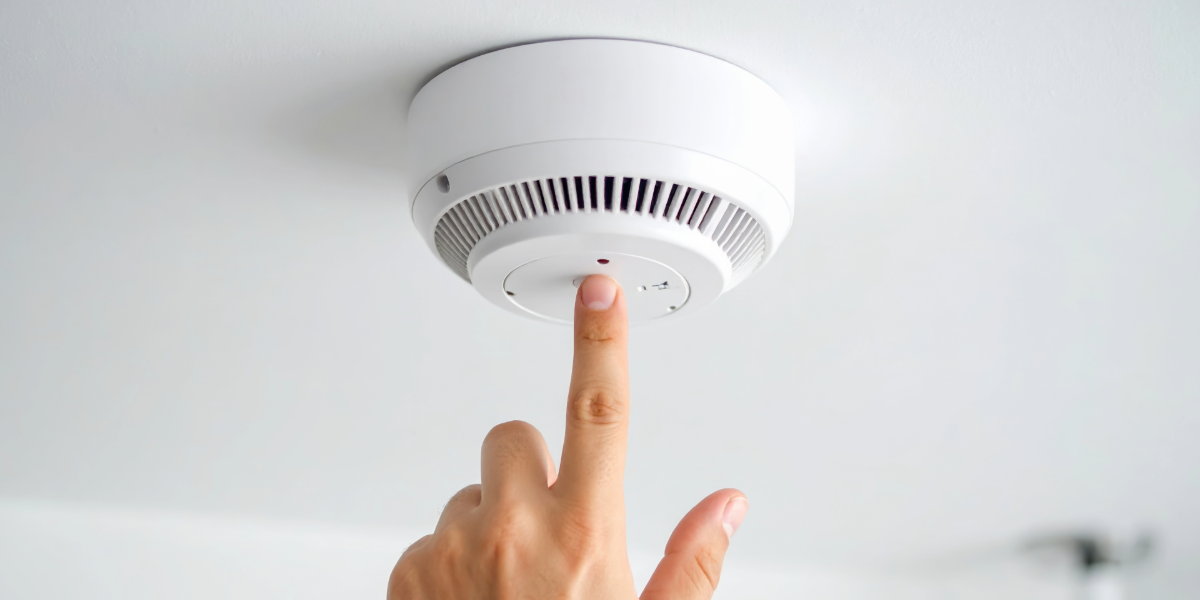
In Wyoming and Colorado, regular fire alarm testing is more than a safety measure—it’s a legal requirement that keeps your building code-compliant and your occupants protected.
Whether you own a small retail space or manage a large industrial facility, every fire alarm system must be inspected and tested to meet NFPA 72: National Fire Alarm and Signaling Code.
At Master Controls LLC, we provide professional testing, certification, and integration for fire alarm systems across Cheyenne, WY and Fort Collins.
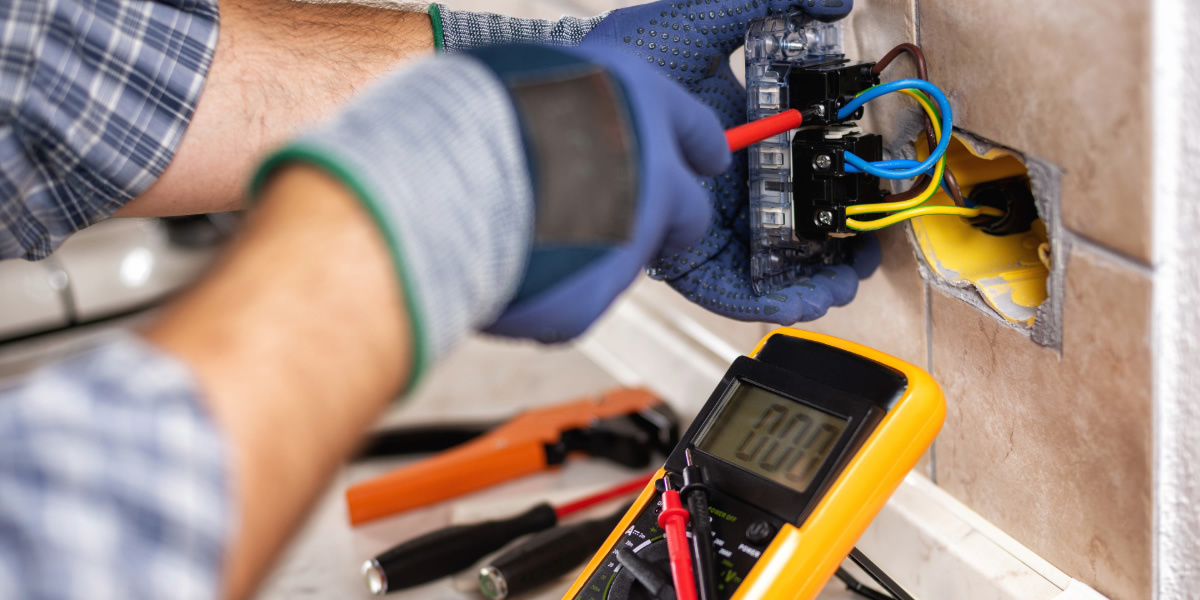
When it comes to electrical services, safety, reliability, and efficiency are critical.
Whether you need routine maintenance, urgent repairs, or new installations, choosing the right electrician in Cheyenne, WY, is essential. At Master Controls LLC, we understand the unique electrical needs of Cheyenne residents and businesses, ensuring safe, efficient, and cost-effective solutions.
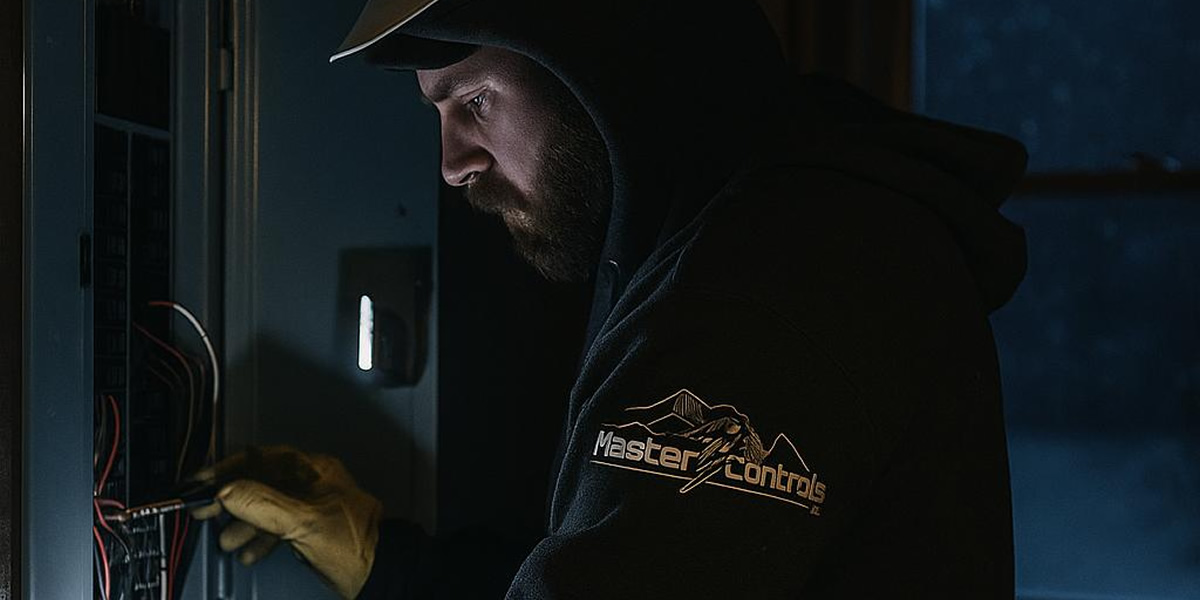
Emergency Electrician in Cheyenne – What to Do When the Power Fails
Published by Master Controls – Trusted Cheyenne Electricians
When an electrical emergency strikes, every second counts. Whether it’s a blown panel, sparking wires, or a total power failure, you need a licensed emergency electrician in Cheyenne who can respond fast, fix the issue, and keep your home or business safe.

How BAS Systems Save Cheyenne Businesses Money
Published on June 22, 2025
Cheyenne businesses are under pressure to reduce overhead, meet energy standards, and operate more efficiently. One proven solution? Building Automation Systems (BAS). In this guide, we’ll show how BAS installation in Cheyenne helps commercial properties save money, boost performance, and stay competitive.
What Is a BAS (Building Automation System)?
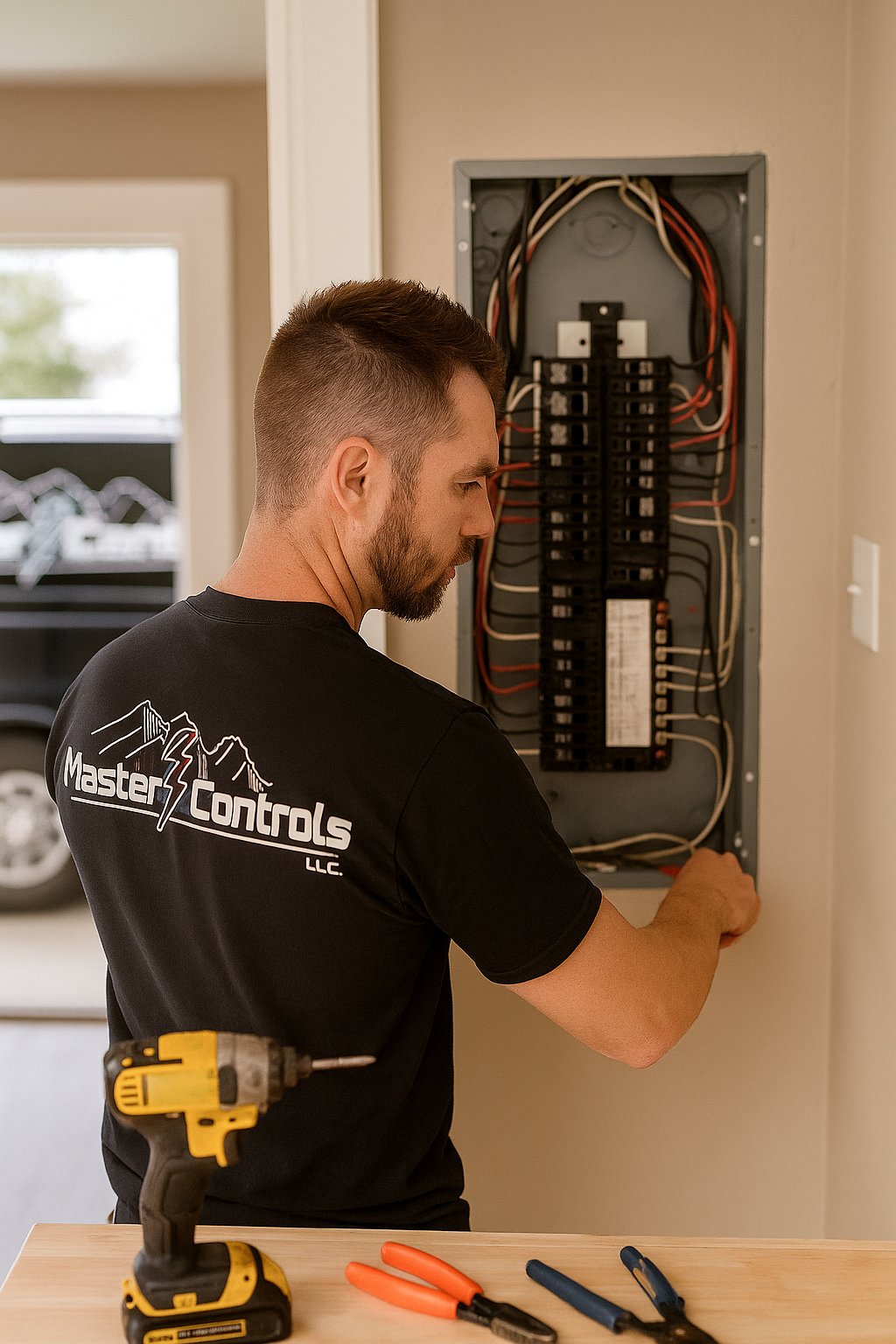
How Much Does a Panel Upgrade Cost in Cheyenne?
Upgrading your electrical panel is one of the smartest things you can do for your home’s safety and value. Whether you're adding EV chargers, expanding circuits, or just replacing an outdated fuse box, a panel upgrade ensures your system is up to code and ready for modern loads.
Average Cost of Panel Upgrades in Cheyenne
In Cheyenne, WY, the cost to upgrade an electrical panel typically ranges from $2,000 to $4,500, depending on your home's size, amperage needed (100A, 150A, or 200A), and whether service mast or meter upgrades are required.
What Affects the Price?
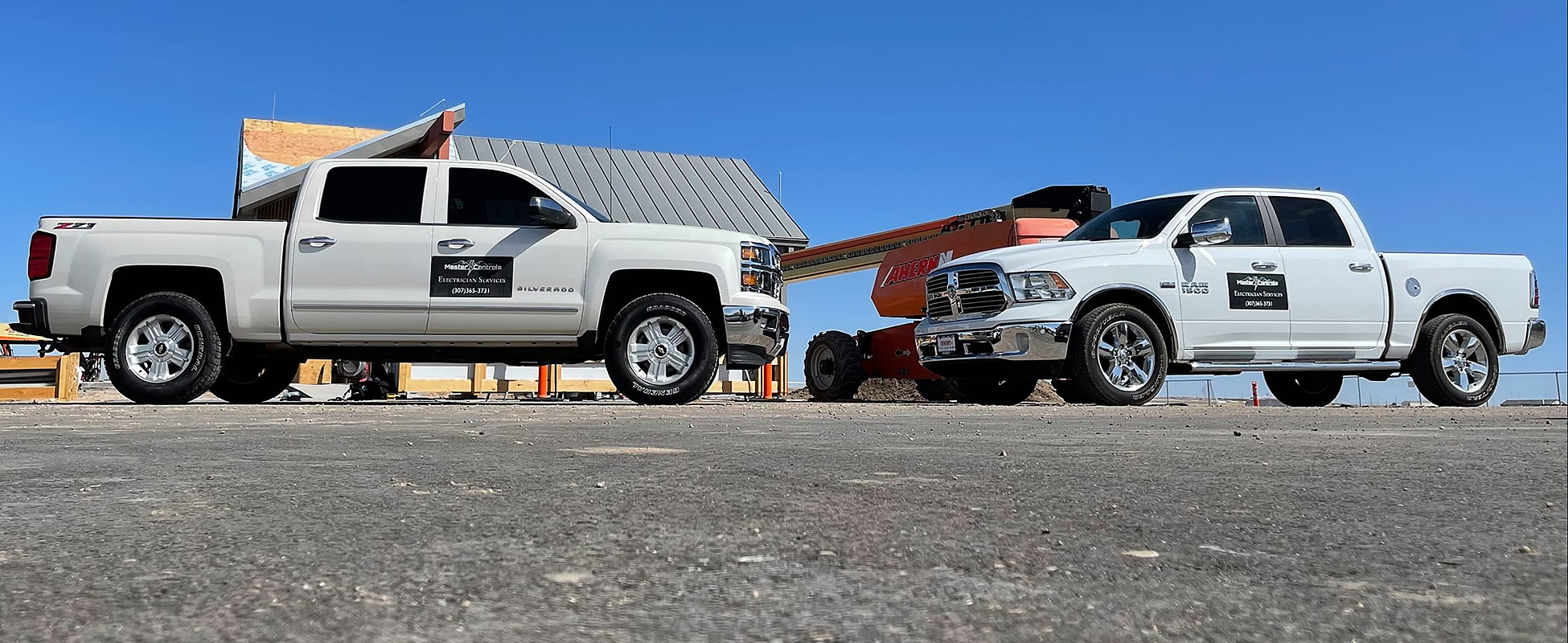
Need Help With an Electrical Project?
Call 307‑365‑3731 or request a free quote today.
We serve Cheyenne, Fort Collins, and the surrounding region.
